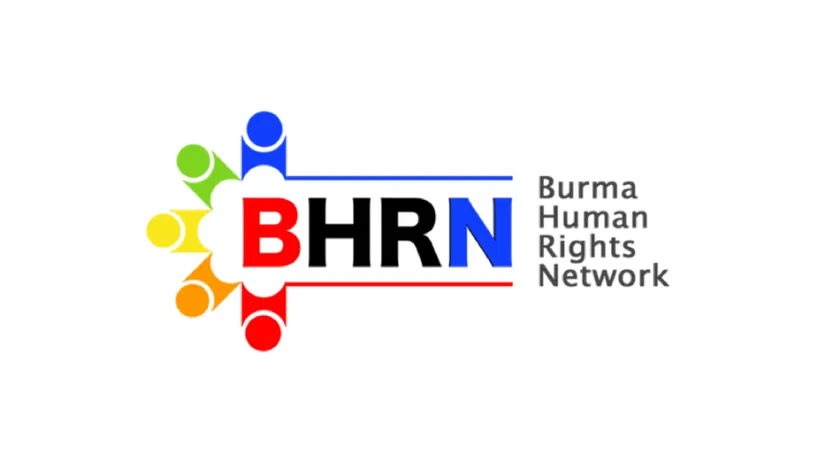BHRN Welcomes People’s Assembly’s Decision for the Abolishment of 1982 Citizenship Law
15 April 2024


Burma Human Rights Network (BHRN), wholeheartedly appreciate the decision made by the People’s Assembly organised by the National Unity Consultative Council (NUCC) to abolish the 1982 Myanmar citizenship law, commonly known as the Rohingya Genocide law. This landmark decision represents a significant milestone in the ongoing spring revolution journey toward fostering unity, inclusivity, and respect for all individuals within Burma.
The 1982 Myanmar Citizenship Law was formulated based on dictator Ne Win’s ideology of Burmanization, xenophobia, and racial discrimination. It has systematically discriminated against the Rohingya community, ultimately contributing to the Rohingya genocide.
Similarly, thousands of Muslims from Southern Burma have become stateless along the Thai-Burma border. Additionally, other Muslim minority groups such as Pathi, Pashu, Kaman, Myaydu, and Panthay, as well as other religious minority groups such as Hindus, Gurkha, Sikhs, Bahais, and Christians, have faced similar discriminatory experiences in expressing their identities while seeking citizenship. BHRN hopes these issues can be similarly resolved.
BHRN’s Executive Director Kyaw Win said, “Burma’s discriminatory Citizenship Law is a blight on the country’s history. By reversing this law, the People’s Assembly and the NUCC are strongly signaling they intend to separate themselves from the bigotry of the Tatmadaw. As the junta loses ground in the civil war, it is vital that planning takes place now to ensure that Burma’s next phase is one of equality and harmony for all its people. We welcome this first step and encourage further action to protect the citizenship and status of all Burma’s people.”
The 1982 citizenship law established three types of citizenship: citizen, associate citizen, and naturalized citizen. However, no clear articles or administrative processes exist for individuals to attain citizenship after holding associate or naturalized citizenship identities. Implementation of the law is rife with corruption, leading to instances where even siblings from the same household hold different identity documents.
As a result of this law and its implementation, minority communities face the risk of statelessness and limited access to education, property rights, healthcare, higher employment, and other essential services. Therefore, by undergoing the legal process to abolish this discriminatory law, the revolution in Burma reaffirms its commitment to upholding the principles of equality, justice, and human rights for all citizens.
We commend the efforts of all those involved in this decision and urge for the swift abolition of the law is crucial to continue progress towards building a more harmonious and inclusive society. Finally, a new citizenship law must be based on human rights norms and should be only one type of citizenship for everyone equally.
Organisation’s Background
BHRN is based in London and operates across Burma/Myanmar working for human rights, minority rights and religious freedom in the country. BHRN has played a crucial role in advocating for human rights and religious freedom with politicians and world leaders.
Media Enquiries
Please contact:
Kyaw Win
Executive Director
Burma Human Rights Network (BHRN)
E: [email protected]
T: +44(0) 740 345 2378
Announcements
21 May 2025
Open letter: Malaysia must lead ASEAN with principle, not hypocrisy, to address the Myanmar crisis

Progressive Voice is a participatory rights-based policy research and advocacy organization rooted in civil society, that maintains strong networks and relationships with grassroots organizations and community-based organizations throughout Myanmar. It acts as a bridge to the international community and international policymakers by amplifying voices from the ground, and advocating for a rights-based policy narrative.